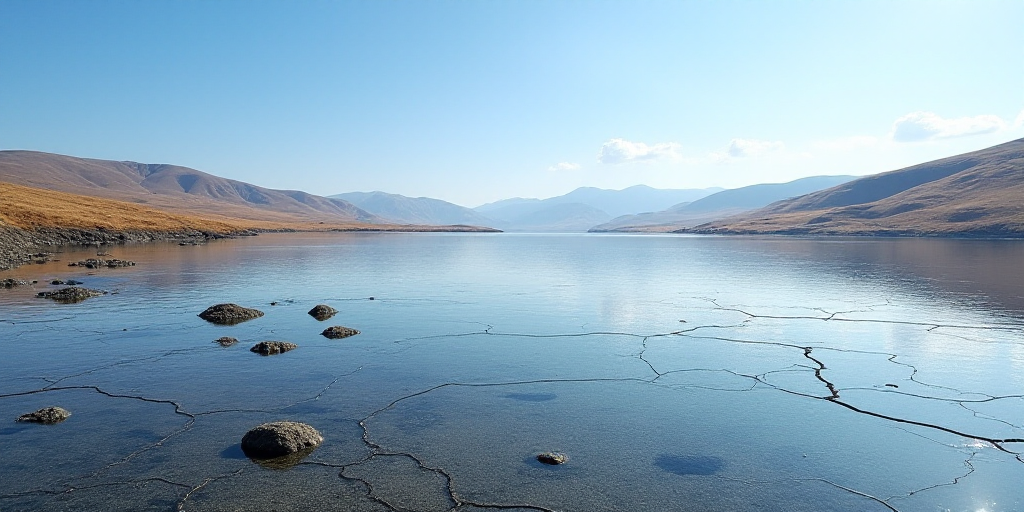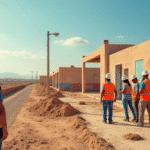Overview of the Situation
According to a report from LSEG, unfavorable weather conditions in Brazil over the coming days may negatively impact agricultural development across various regions. The country is expected to experience above-average temperatures and rainfall deficits in central and southeastern areas.
Temperature Anomalies
Over the next ten days, temperatures in central and southeastern Brazil are projected to rise progressively, with thermal anomalies ranging from 1°C to 4°C above the average.
Conversely, a temporary cooling is expected in the south, particularly in Rio Grande do Sul, where temperatures could drop by 4°C to 6°C below normal.
Rainfall Deficits and Flood Risks
The report anticipates a dry period in the north, center, and significant parts of southeastern Brazil, with rainfall deficits of 10 to 20 millimeters. Along the eastern coast, regional rainfall activity is expected to persist for the next five days.
The only region projected to receive persistent rainfall is the south, where a wave-like convergence pattern could generate 30 to 100 millimeters above normal in Rio Grande do Sul over the next ten days.
Despite the risk of flooding in southern areas of Rio Grande do Sul at the beginning of September, the report notes that this poses no significant threat to grain crops during this stage of the season.
Impact on Agricultural Production
Brazil is a major global producer of coffee, soybeans, and sugar cane. The heatwave and drought could potentially disrupt the growth and yield of these critical crops, affecting both domestic supply and international markets.
The agricultural sector in Brazil employs millions of people and contributes significantly to the country’s GDP. Any adverse weather conditions impacting crop production could have far-reaching consequences for the economy, food security, and rural livelihoods.
Relevance of LSEG
LSEG, or London Stock Exchange Group, is a leading global financial services company that provides data and insights on various markets, including commodities. Their agricultural reports are widely respected and serve as crucial information sources for farmers, traders, and investors involved in the agricultural sector.
Key Players in Brazil’s Agricultural Sector
- Farmers: Small and large-scale farmers across Brazil rely on accurate weather forecasts to make informed decisions about planting, irrigation, and harvesting.
- Agricultural Cooperatives: These organizations support farmers by providing resources, expertise, and market access. They are crucial in mitigating the impact of adverse weather conditions on their members.
- Government Agencies: Institutions like CONAB (National Supply Company) and INMET (National Meteorological Institute) work to monitor weather patterns, issue alerts, and develop policies to support the agricultural sector.
- International Traders and Investors: Global market participants closely follow Brazil’s agricultural production as it significantly influences commodity prices and supply chains.
Key Questions and Answers
- What crops are affected? Major crops at risk include coffee, soybeans, and sugar cane.
- Why is this weather report important? Accurate weather forecasts enable farmers and related stakeholders to make informed decisions regarding crop management, potentially minimizing losses.
- Who benefits from this information? Farmers, agricultural cooperatives, government agencies, traders, investors, and consumers all stand to benefit from reliable weather data.
- What are the potential economic consequences? Adverse weather conditions could lead to reduced crop yields, increased food prices, and negative impacts on Brazil’s GDP and rural employment.






